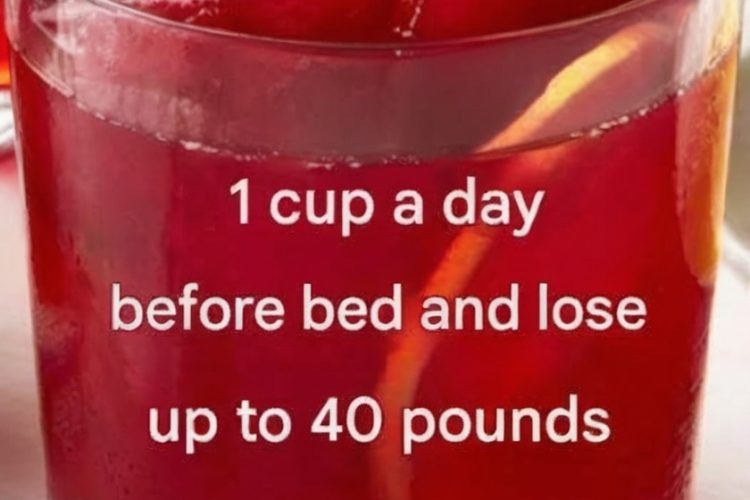Rapid Weight Loss : What Happens When You Lose 5.5 kg (12 Pounds) in 3 Days
Dropping 5.5 kg (about 12 pounds) in just three days sounds impressive — but it’s not as glamorous as it seems. Health experts overwhelmingly warn that losing weight this quickly is rarely true fat loss. Instead, most of the loss is water weight, and achieving it can expose your body to serious risks like dehydration, electrolyte imbalance, and cardiovascular stress.
Still, let's break down the methods people use — and why professionals recommend focusing instead on sustainable weight loss tips and safe fat loss strategies.
Health Information Categories
-
Focus: Rapid Weight Loss and Health Risks
-
Type: Health & Wellness Awareness
-
Difficulty: Extremely High Risk
-
Goal: Educational/Informational Only
-
Audience: Individuals seeking fast weight loss advice
Quick Overview
-
Rapid Weight Loss Goal: 5.5 kg (12 pounds) in 3 days
-
Mainly Lost: Water, glycogen, digestive bulk — not true fat
-
Recommended Weight Loss Pace: 0.5–1 kg (1–2 pounds) per week
Step-by-Step Method People Attempt (Not Recommended)
Important: These methods are shared for information only. Attempting these can cause serious health consequences.
Step 1: Extreme Water Restriction
-
How: Severely limiting water intake or practicing "water cutting."
-
Why It Works: Forces the body to shed stored water quickly, dropping weight fast.
-
The Danger: Dehydration can lead to dizziness, headaches, kidney strain, and organ failure.
Step 2: Drastically Lower Carbohydrate Intake
-
How: Eating under 20–30 grams of carbs per day.
-
Why It Works: Carbs store water. Less carbs = less stored water = rapid drop.
-
The Danger: Severe fatigue, irritability, and poor brain function; unsafe fat loss conditions.
Step 3: Excessive Sweating
-
How: Hot yoga, sauna sessions, cardio with sweat suits.
-
Why It Works: Sweating expels water weight rapidly.
-
The Danger: Electrolyte loss leading to muscle cramps, heart arrhythmias, and even cardiac arrest.
Step 4: Restrictive Calorie Intake or Fasting
-
How: Eating very little — often below 500–800 calories/day.
-
Why It Works: Depletes glycogen and digestive contents, making the scale drop.
-
The Danger: "Starvation mode" damages metabolism and immune function long-term.
Step 5: Use of Diuretics or Laxatives (Highly Dangerous)
-
How: Using pills or herbal teas to induce rapid fluid loss.
-
Why It Works: Temporary water evacuation gives the illusion of weight loss.
-
The Danger: Life-threatening electrolyte imbalances, kidney damage, and heart risks.
Why It's Not True Fat Loss
-
Mainly Water Weight: Temporary scale changes, not real fat loss.
-
True Fat Loss Needs Time: Requires sustained calorie deficit.
-
Safe Fat Loss: About 0.5–1 kg (1–2 pounds) per week.
In reality, losing fat safely takes consistency, not extremes.
What Health Professionals Recommend Instead
-
Focus on Sustainable Weight Loss Tips:
-
A gradual weight loss of 0.5–1 kg per week.
-
Balanced nutrition — lots of vegetables, lean proteins, and whole grains.
-
Hydration: Water supports metabolism and fat burning.
-
Exercise Smart: Combine strength training with cardio.
-
Sleep and Stress: Both critically impact weight management.
-
✔ Related Tip: "How to lose weight healthily" starts with mindset — not desperation.
Final Thoughts
Chasing a 5.5 kg weight loss in three days might temporarily satisfy your scale obsession — but it won’t create lasting change.
The weight will almost certainly return, and your body could suffer long-term damage.
True health comes from patience, consistency, nourishment, and respect for your body.
When you aim for safe, sustainable weight loss, you’re building habits that actually last a lifetime — no quick fixes, no crash landings.
Choose the long game. Your future self will thank you.
-
Prep Time: Varies
-
Active Time: Ongoing
-
Health Focus: Heart, metabolism, body composition
-
Difficulty: Challenging but healthy
-
Notes: Avoid extreme dehydration, prioritize hydration, balance macros.
